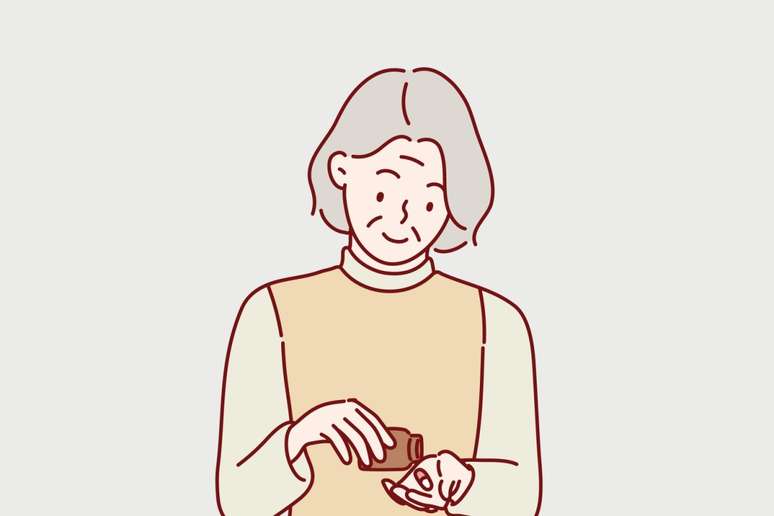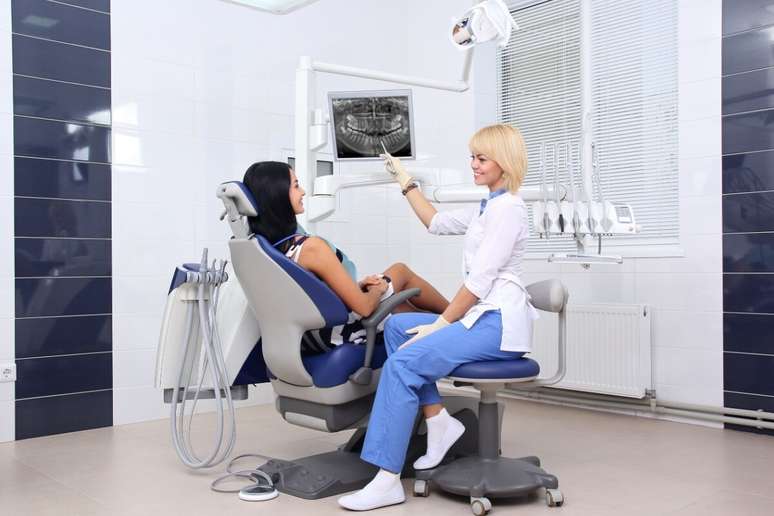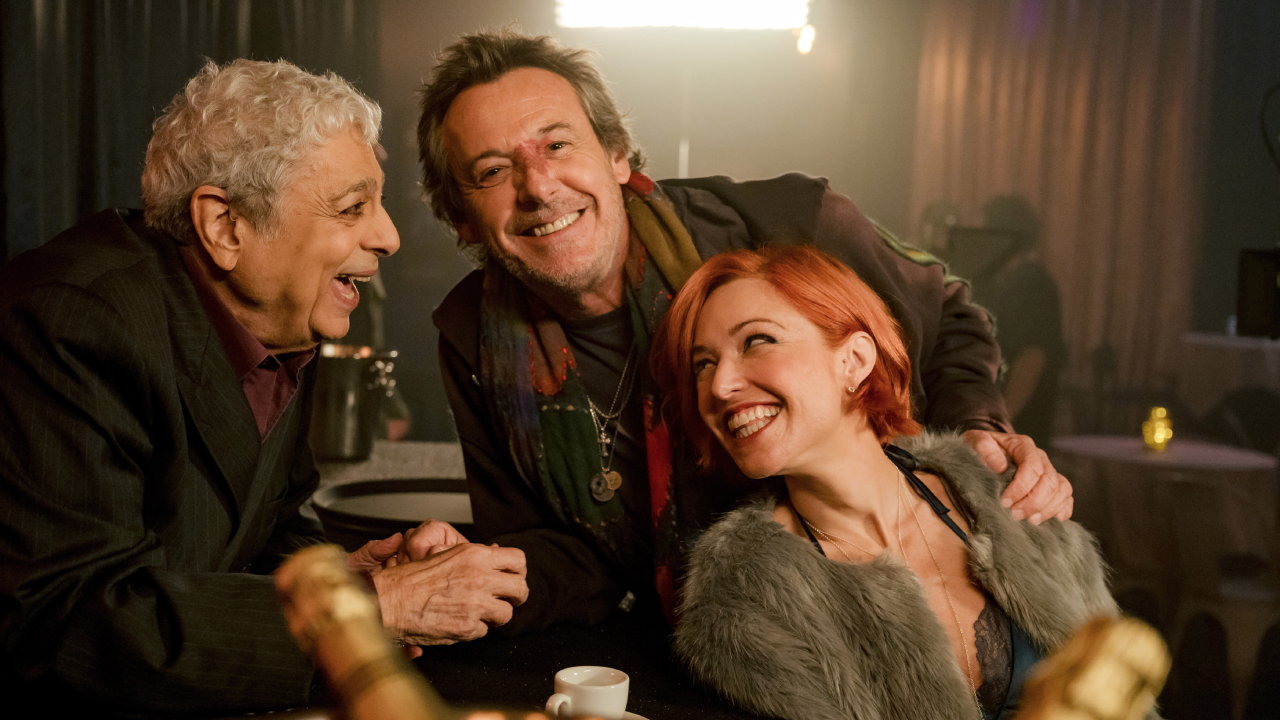The psychiatrist warns that this type of relationship can affect health and cause trauma
Recognizing a toxic or abusive relationship is an essential step toward maintaining physical and mental health. According to psychiatrist Dr. Jéssica Martani, this type of relationship requires particular attention. The victim involved in an unhealthy relationship can spend years unhappy and, in the most serious cases, even find themselves in danger within this dynamic. Any mental disorders of the partner can make the situation worse.
“OR Narcissistic personality disorder, for example, is easily identifiable in people who spend a lot of time worrying about their appearance, physical qualities and abilities. They always want to be the center of attention, have difficulty recognizing or considering the feelings and needs of others, have frequent fantasies of unlimited success and have a history of relationships that are often superficial and based on what others can do for them, warns psychiatrist “.
Dr. Jéssica Martani warns that “these people still show charm and attentiveness at the beginning of the relationship, but soon begin to demand constant attention, ignore their partner’s feelings and manipulate them emotionally,” she adds.
Signs of toxic relationships
To the toxic relationships they are those that constantly involve shouting, conversations that are always aggressive in tone and followed by insults, emotional blackmail or manipulation. “Normally these people end up separating their partner from friends and family and still want to always have decision-making power in their hands,” says psychiatrist Jéssica Martani.
The doctor warns about emotional manipulation that makes the victim of abusive relationships doubt their memory, perception or sanity. “This type of abuse can also occur in periods alternating with phases of affection and regret and with the promise of change, creating a vicious cycle of emotional dependence,” says the psychiatrist. The toxic person may blame their partner for their negative emotions and behaviors.

How to get rid of abusive relationships?
The doctor warns that in addition to psychotherapy, in some cases, it may be necessary to prescribe drugs to treat pathologies such as depressionanxiety or mood disorders that could contribute to toxic behaviors in both the victim and the person with abusive behavior.
“It is important to understand that prolonged stress in an abusive or toxic relationship, for example, can negatively affect the brain, particularly the amygdala and hippocampus, areas involved in emotional regulation and memory. A neurological understanding of these conditions is essential for effective therapeutic interventions to cure this relationship or for it to end without major emotional and psychological damage for both parties”, concludes Dr. Jéssica Martani.
By Mayra Barreto Cinel
Source: Terra
Ben Stock is a lifestyle journalist and author at Gossipify. He writes about topics such as health, wellness, travel, food and home decor. He provides practical advice and inspiration to improve well-being, keeps readers up to date with latest lifestyle news and trends, known for his engaging writing style, in-depth analysis and unique perspectives.








